Winander Club
Exclusive style and luxury at the heart of Low Wood Bay.
Join us for a journey of luxury, adventure, and unparalleled relaxation at the Low Wood Bay Resort and Spa. Choose from our portfolio of contemporary, luxurious rooms, or opt for an exclusive experience in our Winander Club offering upgraded room features and personalised service. Whether dining in one of our stylish restaurants, unwinding in the Spa, or exploring the lake our goal is to create amazing experiences which last a lifetime.
Experience an unforgettable spa break, indulge in a whole spa day, or just enjoy your favourite treatment.

Luxury Spa Break in the Lake District staying in the Winander Club at Low Wood Bay. Winander Club Signature Bed and Breakfast stay with £39.00 per adult dinner allowance, 3-hour Thermal Journey, a bottle of Whispering Angel and a Luxury ESPA Gift worth £50 in the room.
B&B plus
Spa
Relax and enjoy a short 2 night break in either the Lake District or Lancashire with bed and full English breakfast on both mornings and dinner on your first night.
From
£303
Enjoy our the Vitality Pool and outdoor relaxation area at Low Wood Bay Resort & Spa with the perfect, bed, breakfast and Spa break.
B&B plus
Spa
Enjoy some relaxing tunes from the evening's live DJ as you sit and soak in the view over lake Windermere and watch the sunset behind the distant Lake District fells.
B&B plus
Spa
Our Resort Room offer accommodation for all occasions within the heart of the resort, while Winander Club Rooms offer stylish rooms & suites with all the modern amenities Low Wood Bay guests have come to expect plus much more.


Eat & Drink
British cuisine with high quality, local produce in a variety of settings
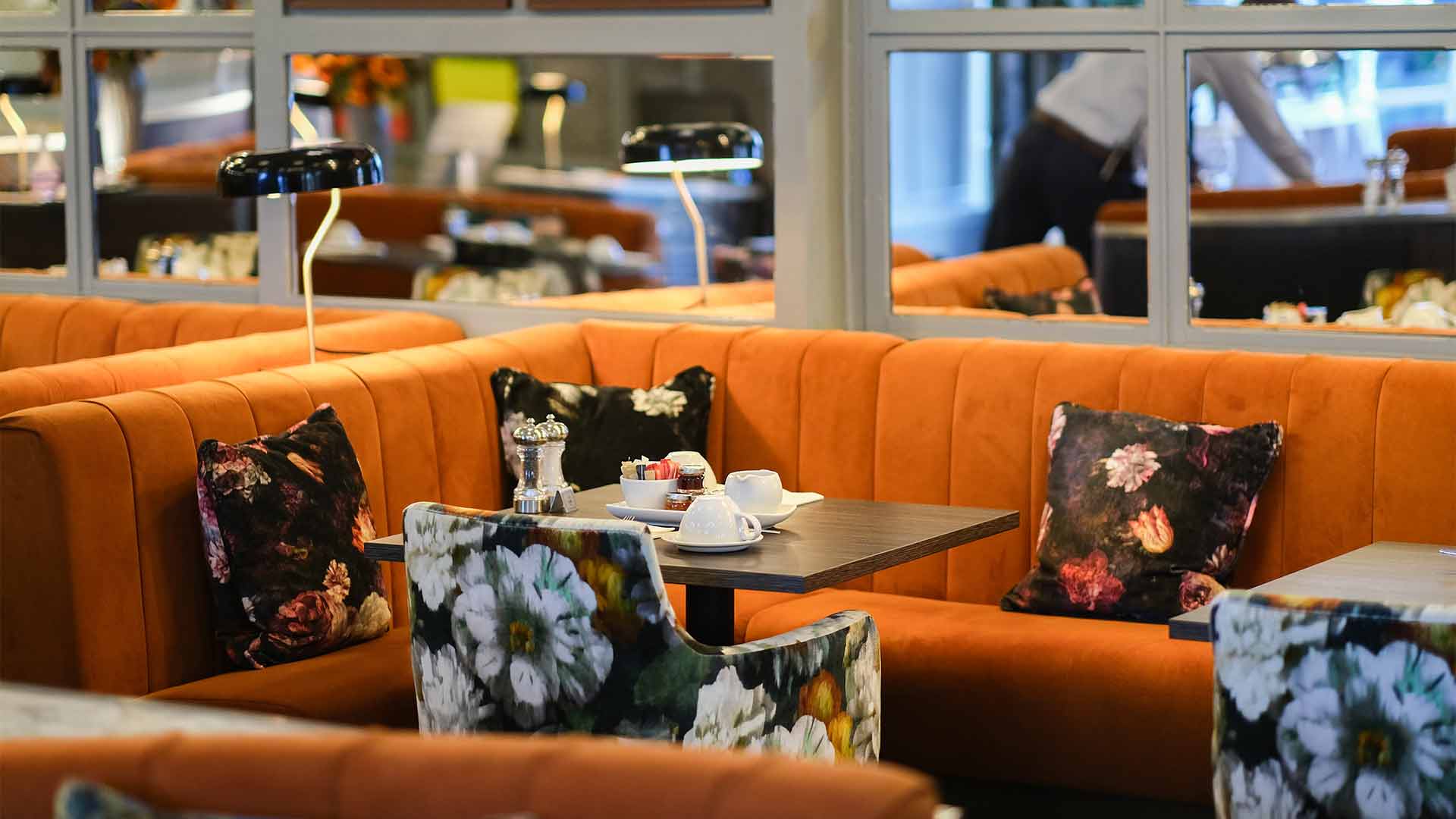

Seasonal British & continental menu from refreshed classics to modern favourites
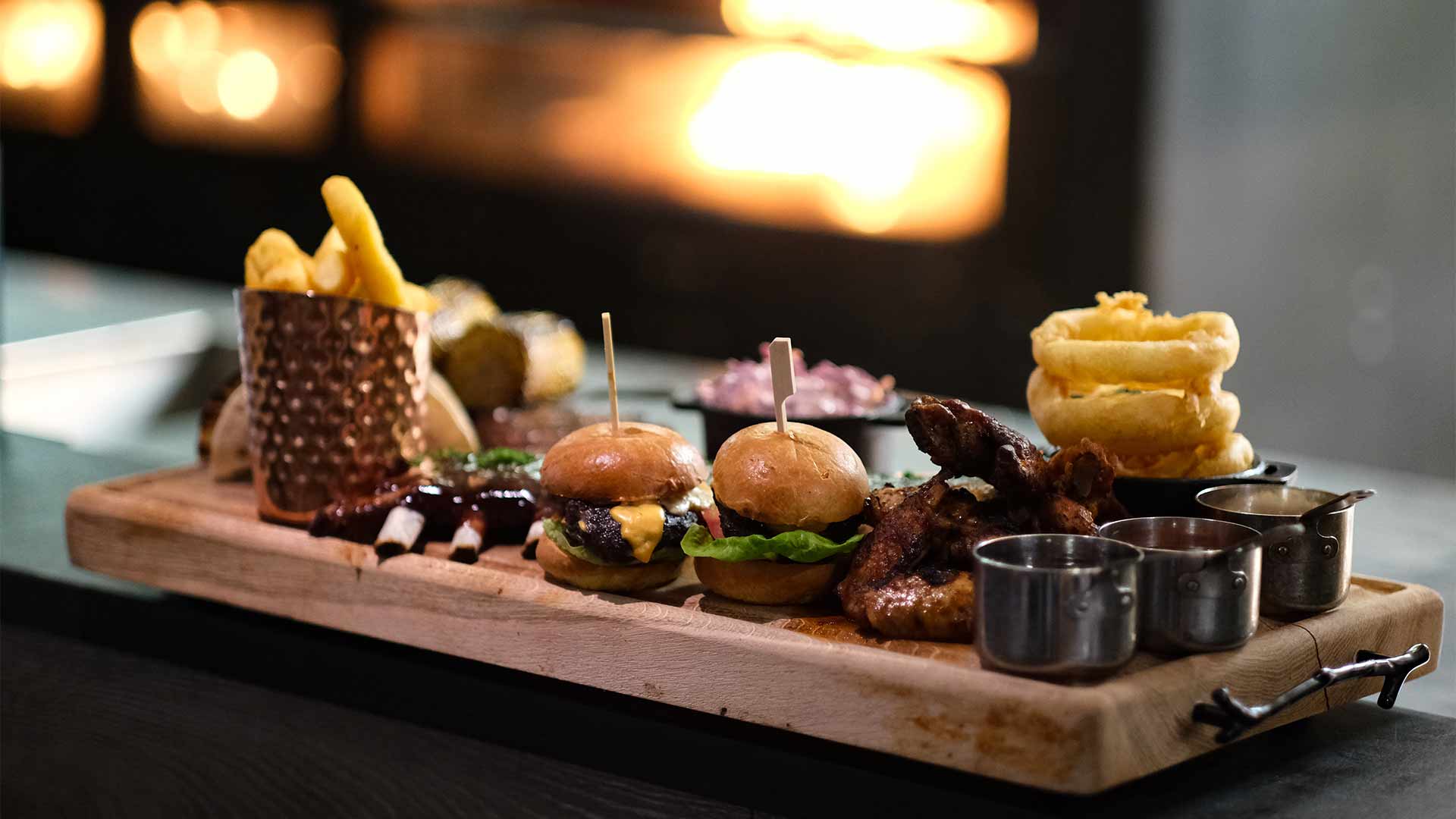

Flavoursome British dishes focused on high quality, local ingredients
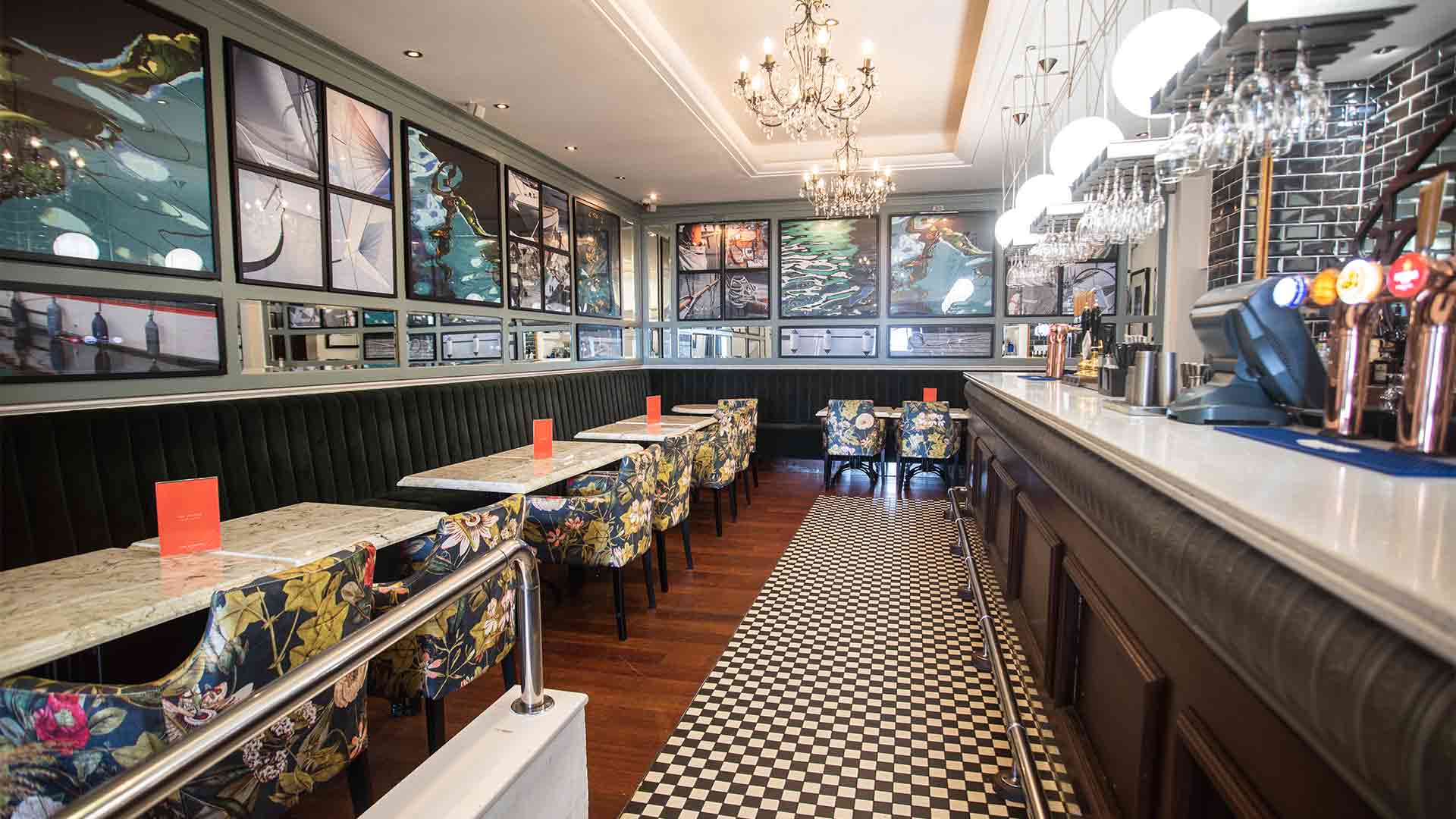

A relaxing environment in the heart of the resort with views across the Langdale Pikes.
Eat & Drink
British cuisine with high quality, local produce in a variety of settings
Make the most of this festive season. Low Wood Bay Resort & Spa in the heart of the Lake District is the perfect venue whatever your festive celebration.
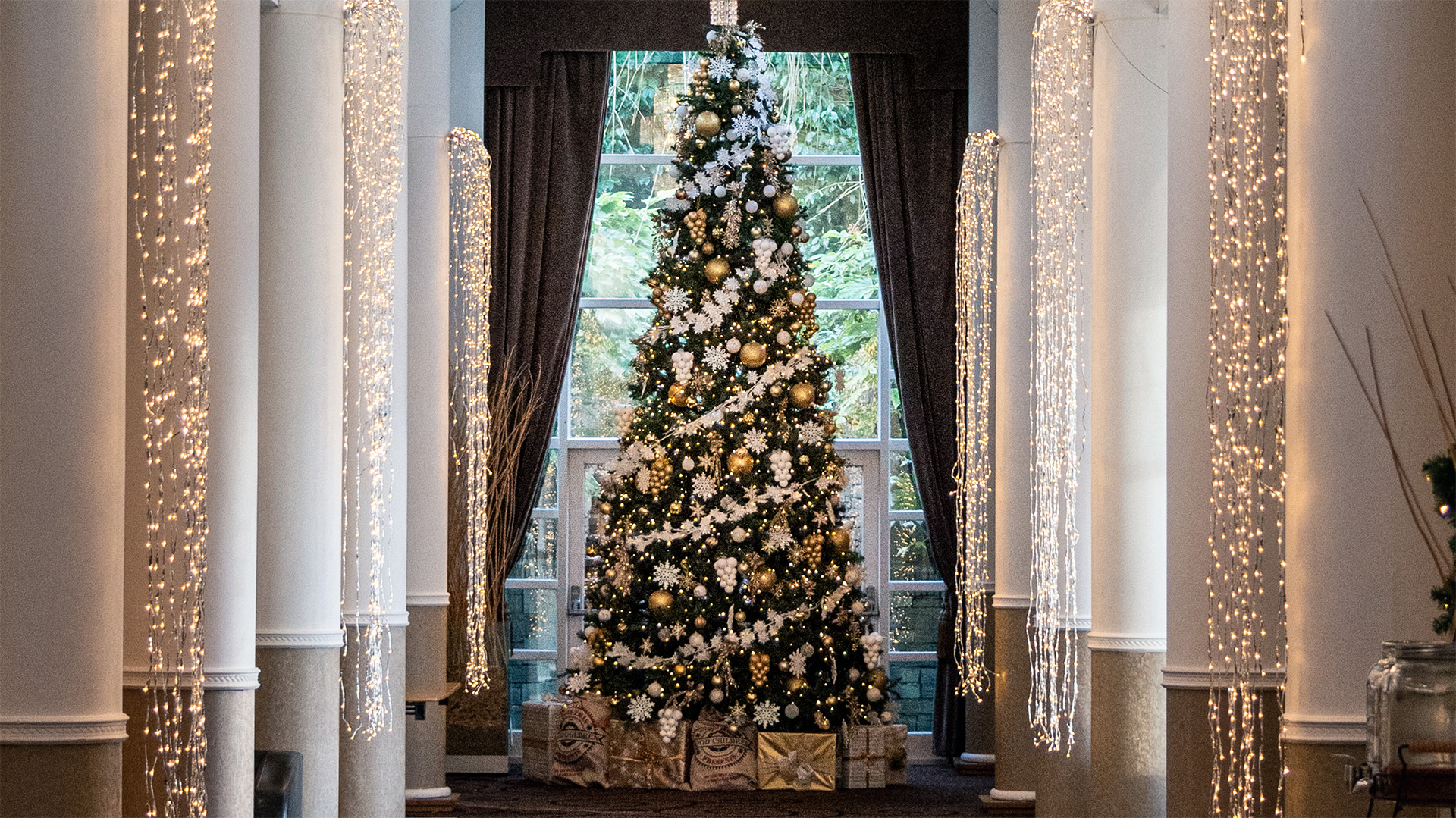
Low Wood Bay Resort & Spa is perfect for celebrating a very special festive break with all the trimmings.
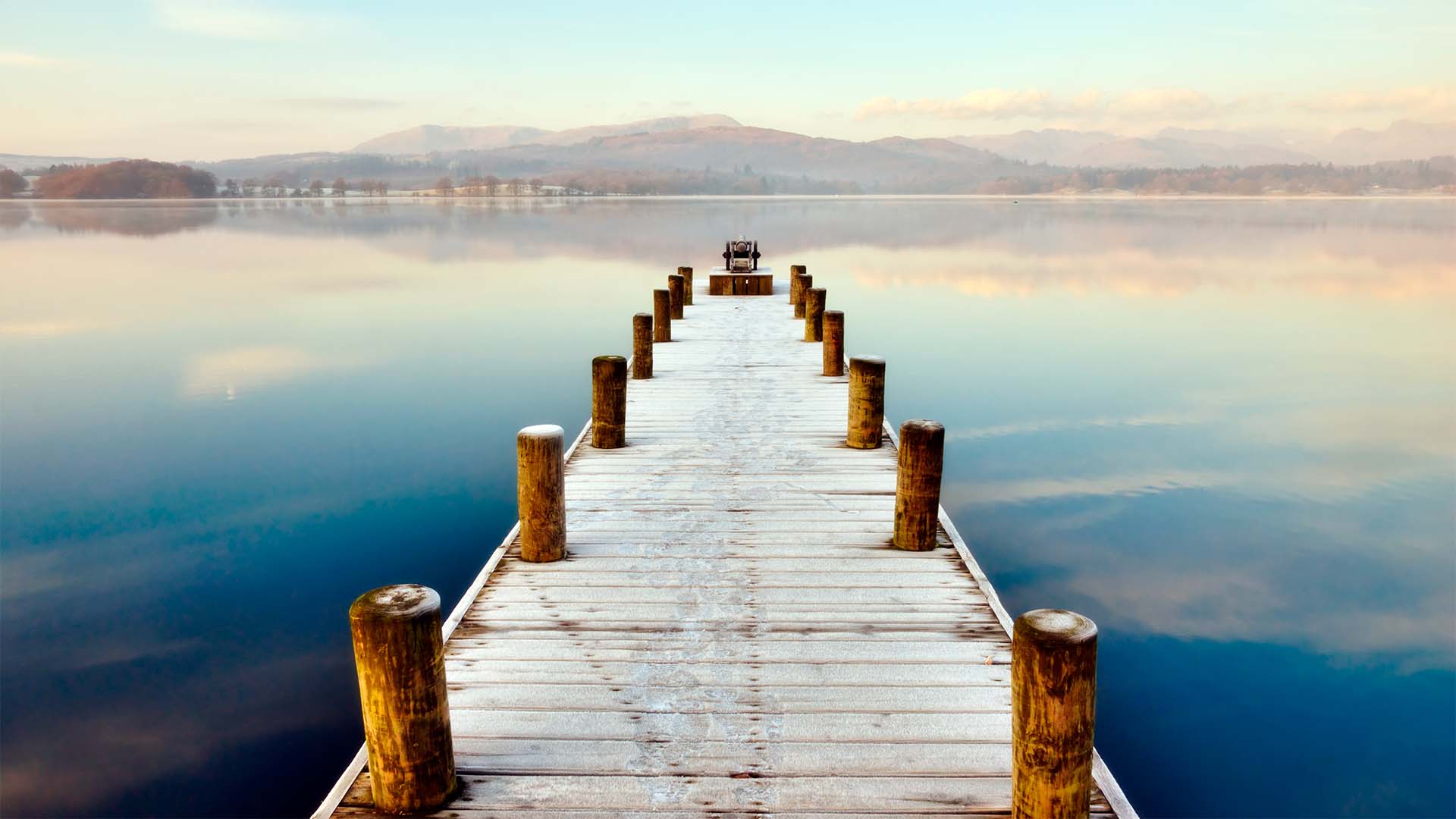
Creating amazing experiences and lifelong memories. Join us on our extra special New Years Break!
Make the most of this festive season. Low Wood Bay Resort & Spa in the heart of the Lake District is the perfect venue whatever your festive celebration.

Low Wood Bay Resort & Spa is perfect for celebrating a very special festive break with all the trimmings.

Creating amazing experiences and lifelong memories. Join us on our extra special New Years Break!
Wide variety of boat and equipment hire as well as some watersports instruction, suitable for all ages and abilities.
Well equipped marina with anchored floating jetties, hard standing available over winter and access to selected hotel facilities.
4 tiers of delicious, mouth-watering goodness. Enjoy toasted sliders, wood-fired piri-piri chicken wings, crispy coconut king prawns, flamed lemon meringue cheesecake, homemade blueberry scones and lots more wood-fired treats to enjoy.

Whether you're tying the knot, sealing the deal, or throwing a party, we offer the perfect venue for every occasion.
A balance of elegance, sophistication and spectacular natural beauty.
Set in beautifully tranquil surroundings with high standard conference facilities.
A wide variety of events hosted throughout the year.